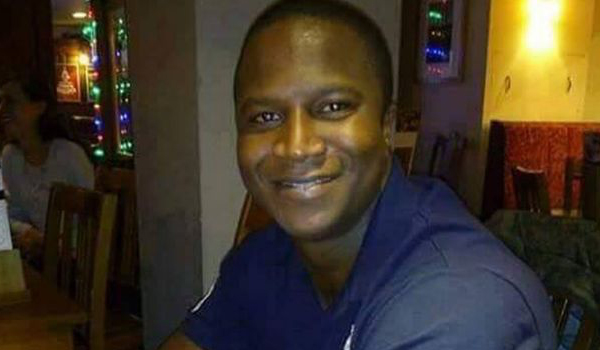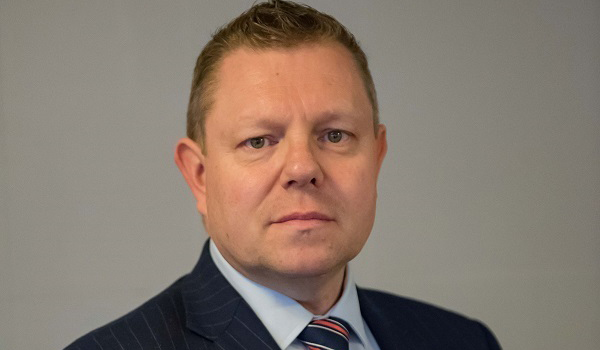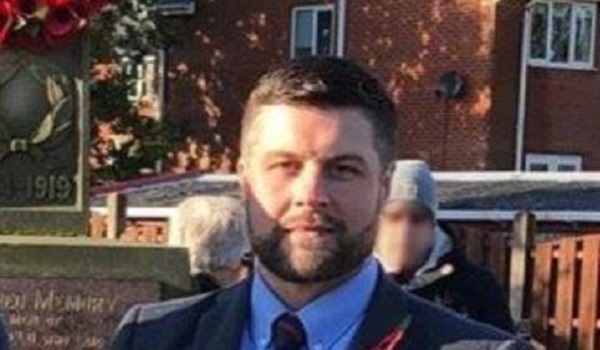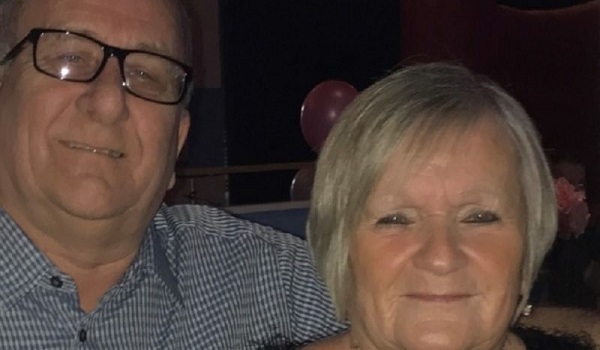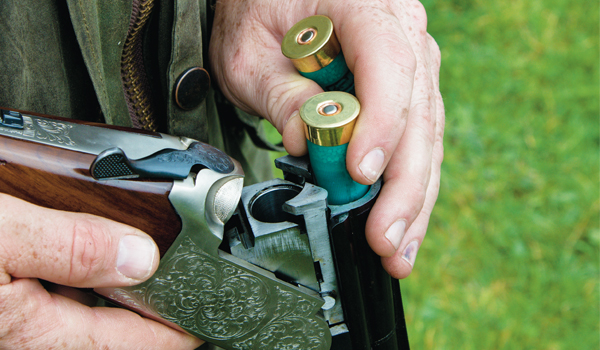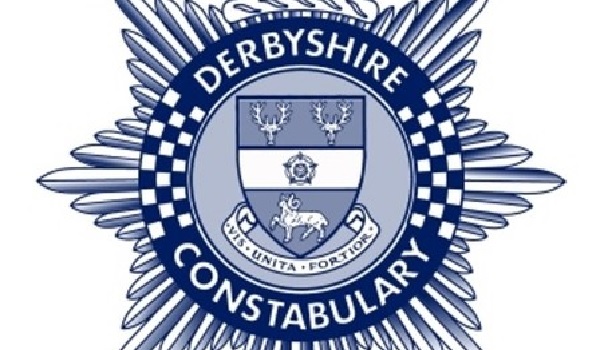Inquiry into ‘Scotland’s George Floyd’ gets underway
The family of a man who died in police custody have said he is “Scotland’s George Floyd” as the inquiry into his death gets underway today (May 10).
Sheku Bayoh died in May 2015 after he was restrained by officers responding to a call in Kirkcaldy, Fife. His family say that race played a part in his death and criticised the subsequent investigation into the officers’ conduct on the night of Mr Bayoh’s death.
A public inquiry into the circumstances surrounding Mr Bayoh’s death, chaired by Lord Bracadale, commences today in Edinburgh.
In a statement released on behalf of Mr Bayoh, lawyer Aamer Anwar said that his loved ones have waited a “very long time” to hear the truth.
Mr Anwar said: “The public inquiry will finally commence seven years and seven days after Sheku Bayoh died in police custody, and two years since the former Lord Advocate advised the Bayoh family that not one police officer would face charges for the death of Sheku Bayoh. Sheku’s family believe they were failed by those who have a duty to protect the public and uphold the law.”
Mr Anwar claimed that there were “repeated attempts to criminalise, stereotype and smear” Mr Bayoh. It has been maintained that Mr Bayoh was empty-handed at the time of his arrest.
Mr Anwar added: “The first officers on the scene subjected Sheku to CS spray, Pava spray and the use of batons. He was face down on the ground in less than 50 seconds, he was restrained by up to seven officers.
“He was handcuffed and had ankle and legs restraints applied to him. Within minutes he had stopped breathing and then died. His body was covered with over 24 separate lacerations, cuts, bruises, and a broken rib.
“The Bayoh family have described Sheku as Scotland’s George Floyd, the only difference they believe is that despite seven years of struggle, the Bayohs have never seen justice and are yet to hear the whole truth.
“This inquiry owes its existence to the struggle fought by Sheku’s loved ones, and they believe no police officer or institution should be allowed to evade scrutiny. Sheku’s loved ones have waited a very long time to hear the truth and that is the very least they are entitled to.”
Deborah Coles, director of the justice charity Inquest, who has been working with the family, said that the inquiry was a “watershed moment” in Scotland for examining issues around institutional racism.
She said: “Those entrusted with the role of policing must be subject to accountability before the law. The disproportionate use of force against black people by police, in the UK and internationally, is well documented.
“Sheku’s family have faced lies, denial, delays and obfuscation since his death. Like too many bereaved families after deaths in custody, their struggle for truth, justice and accountability has been unnecessarily long and hard.
“This inquiry must be a watershed moment for Scotland in examining issues around institutional racism, police restraint practices and the flawed systems for responding to deaths. This is both in the family and public interest and in the hope that future deaths are prevented.”
A vigil outside of Capital House on Lothian Road, Edinburgh will also begin on Tuesday.
Earlier this year, Police Scotland Deputy Chief Constable Fiona Taylor said the 12 officers due to give evidence to the inquiry would not be given immunity from criminal charges. She said the officers are under a legal and professional duty to tell the truth, regardless of the risks of self-incrimination.
Lord Bracadale had previously urged Police Scotland and the Crown Office to provide undertakings officers would not be prosecuted for any evidence they gave his inquiry, to ensure they gave “full, frank and uninhibited” testimony.
The officers involved, some of whom have since left the police, have consistently denied any wrongdoing and have not been prosecuted or disciplined over any aspect of Bayoh’s arrest.


